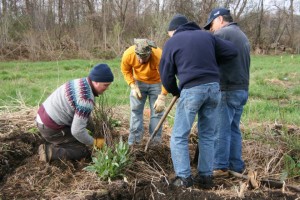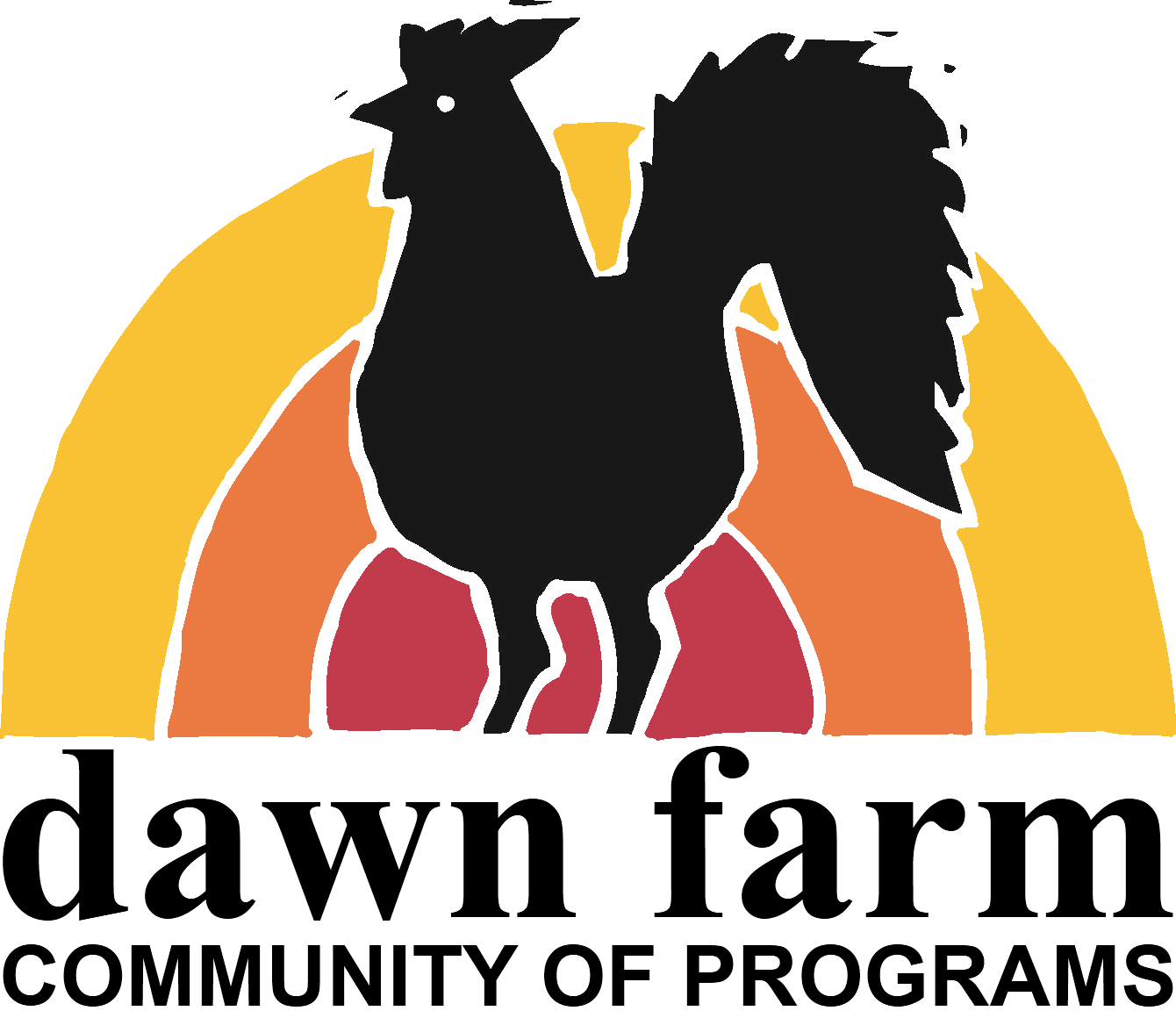Mark Maynard has an interview with Jesse Tack, who was just awarded a grant to support AMPY’s project at Dawn Farm.
The first few questions are below. Read the rest here.
===========================
The Ann Arbor Awesome Foundation today announced the award of two $1,000 grants, one of which was given to Ypsilanti’s Jesse Tack for the establishment of a communal permaculture tool shed on the grounds of Dawn Farm, a local treatment facility for addiction. Here, with more on the project, is a quick interview with Jesse, the founder of AMPY (Abundant Michigan Permaculture Ypsilanti).
MARK: You just won an Awesome grant. How do you intend to use the $1,000?
JESSE: The AMPY community has partnered with Dawn Farm to help develop 7.8 acres of mono-cropped farmland into what’s called a restoration agriculture model. Restoration agriculture is the development of staple crops using perennial trees and shrubs with mixed annual crops and animal grazing. As such, the tools needed to make this system perform optimally are pruners, compost tea sprayers, hand saws, scythes, berry rakes, and other low-tech, human-powered tools. We’ll use the Ann Arbor Awesome Foundation award to purchase as many of those items as possible to start our resilience tool shed at Dawn Farm.
MARK: What kinds of trees and shrubs are we talking about, and are there plans for what will happen with the crops that will be produced? Might we, for instance, see the folks at Dawn Farm, in partnership with AMPY, selling nuts in a few years, in order to raise money for their programs?
JESSE: We’re planting chestnut, hazelnut, walnut, pecan, cherry, plum, apricot, apple, elderberry, goji berry, persimmon, pawpaw, lilac, red osier dogwood, willow, black locust, mulberry, sea buckthorn, and siberian pea shrub. We’re also inoculating logs with mushrooms. And we hope to rotate grazing animals between the tree rows. As the trees get taller and stronger, we’ll also plant grapes and hardy kiwi to climb up and provide additional stacked crops.
As for what will happen in the future, I can also imagine many small AMPY businesses arising from this initiative… selling, processing, offering value-added products from these many niche crops.
 MARK: Do you envision the tools being used beyond Dawn Farm?
MARK: Do you envision the tools being used beyond Dawn Farm?
JESSE: Yes. The tools will be stored at Dawn Farm, and primarily used to manage the restoration agriculture system in development there, but they’ll have uses beyond Dawn Farm. The greater AMPY group will be able to access the tools through a tool sharing system. The tools will need to be checked in and out by myself, or one of the other co-managers of the Dawn Farm project, but they’ll be available. Some tools, like the scythes, are skill-based, and would need specific training to operate properly. And teaching how to use these tools, by the way, is another way for AMPY to contribute to the greater reskilling effort of our local human culture.
(734) 485-8725
info@dawnfarm.org
